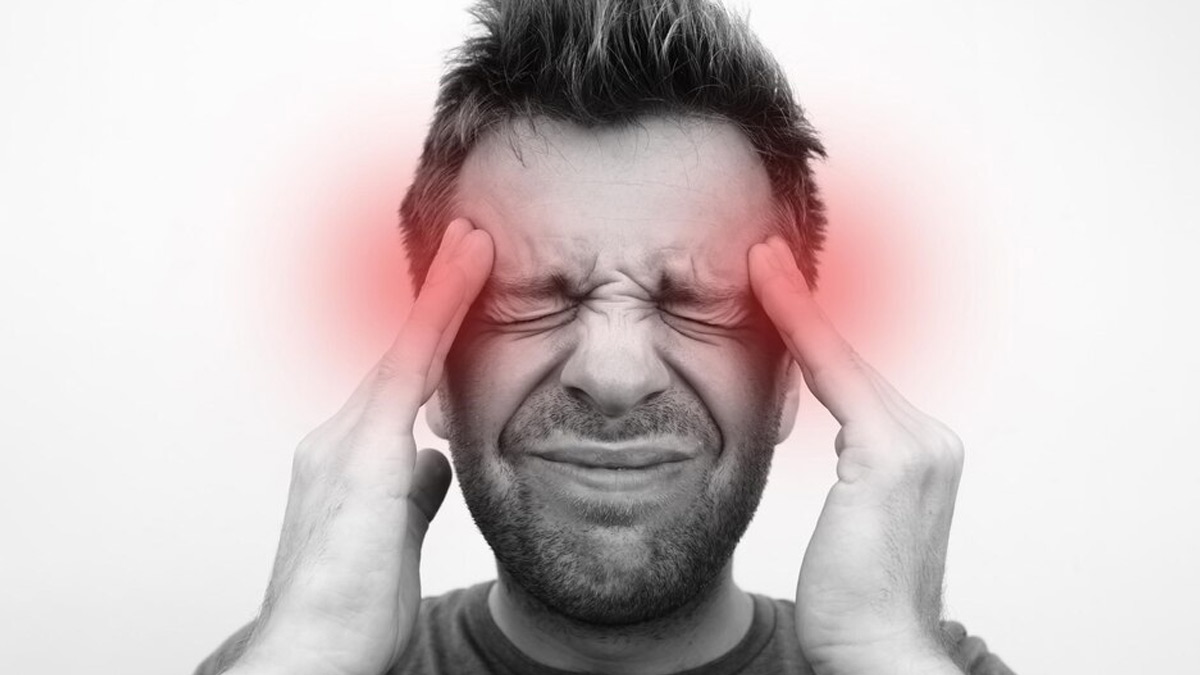
In this fast-paced life where people are overworked and stressed, headaches can become unwelcome companions. For most people, it goes away on its own or after taking medicine. But in some cases, the headache may reoccur, affecting one side of the head. This type of headache is known as cluster headache. To learn more about it, we spoke to Dr Diptarka Bhattacharyya, Ear, Nose, and Throat (ENT) Specialist/Otorhinolaryngologist, Apollo Spectra Hospital, Koramangala, Bengaluru.
Table of Content:-
He said, "Cluster headaches are a type of excruciating headache that occur in cyclical patterns or clusters, which can last for weeks or even months." He added that they are more common in men than women and are one of the most painful types of headaches.
Causes of Cluster Headaches

According to Dr Bhattacharyya, the exact cause of cluster headaches is unknown. But it is believed to be related to an abnormality in the hypothalamus, which is the part of the brain that controls the body's biological clock. "Other factors that may trigger cluster headaches include alcohol consumption, smoking, and medications," he added.
Also Read: Stress Headache: What Are Its Causes And How You Can Get Rid Of It
Symptoms of Cluster Headaches
The symptoms of cluster headaches are distinctive and intense. "They include severe pain on one side of the head, usually around the eye, which can last from 15 minutes to three hours," said Dr Bhattacharyya. Other symptoms include redness and tearing of the eye, drooping of the eyelid, and a runny or congested nose on the same side as the pain.
Treatment of Cluster Headaches
According to the expert, "There is no cure for cluster headaches, but there are treatments available to reduce the severity and frequency of the headaches."
The most common treatments include the following.
1. Medications: Many medications can help to relieve the symptoms of cluster headaches. "These include triptans and oxygen therapy, used to treat migraines and reduce the duration of headaches, respectively," said Dr Bhattacharyya.

2. Steroid injections: Dr Bhattacharyya said that in some cases, steroid injections may also be used to reduce inflammation and relieve pain.
3. Nerve blocks: Nerve blocks involve injecting a local anaesthetic into the nerves that are responsible for the pain caused due to cluster headaches. Thus, your doctor can make use of this treatment method after making a thorough diagnosis of the problem.

Also Read: Headache Location: Read To Know What Actually They Mean
4. Lifestyle changes: Making changes to your lifestyle can also help to reduce the frequency and severity of cluster headaches. This may include avoiding alcohol and smoking, doing regular exercise, and getting enough sleep.

5. Surgery: In rare cases, surgery may be recommended for people with severe and chronic cluster headaches. This may involve cutting the trigeminal nerve, which is the nerve that is responsible for the pain of headaches.
Conclusion
Cluster headaches are a painful and debilitating condition that can have a significant impact on a person's quality of life. While there is no cure, treatments are available that can help relieve the symptoms and reduce the frequency of headaches. If you are experiencing cluster headaches, it is important to speak with your healthcare provider to determine the best course of treatment for your individual needs.
Image Credits: freepik
Also watch this video
How we keep this article up to date:
We work with experts and keep a close eye on the latest in health and wellness. Whenever there is a new research or helpful information, we update our articles with accurate and useful advice.
Current Version